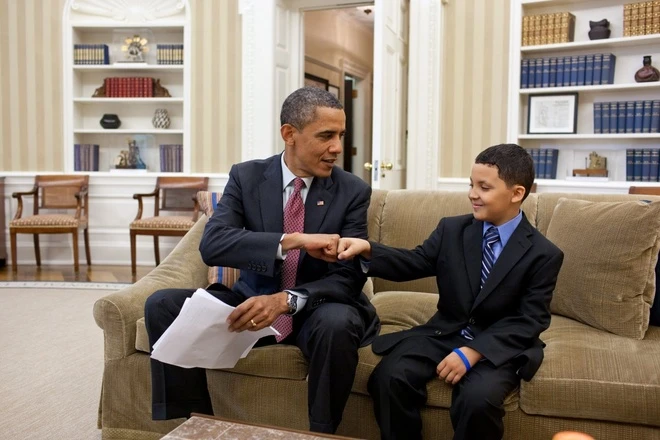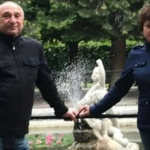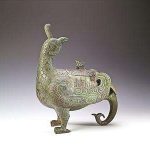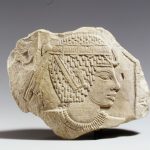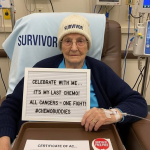Barack Obama – The Man Who Believed in the Power of People
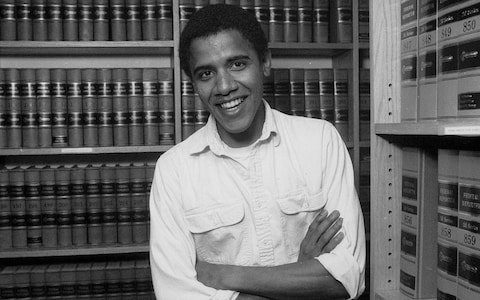
A Journey Shaped by Diversity
Barack Hussein Obama II was born on August 4, 1961, in Honolulu, Hawaii — a place where the blue Pacific meets the spirit of diversity. His father, Barack Obama Sr., came from Kenya; his mother, Ann Dunham, was from Kansas. Their love story was brief but powerful, bringing together two worlds, two cultures, and two visions of life.
Growing up between continents and identities, young Obama learned early that the world is not made of black and white, but of infinite shades of understanding. He spent part of his childhood in Indonesia, living with his mother and stepfather, where he saw poverty up close and learned empathy through experience, not textbooks.
While other children dreamed of fame, he was learning the quiet strength of observation — understanding that to lead, one must first learn to listen.
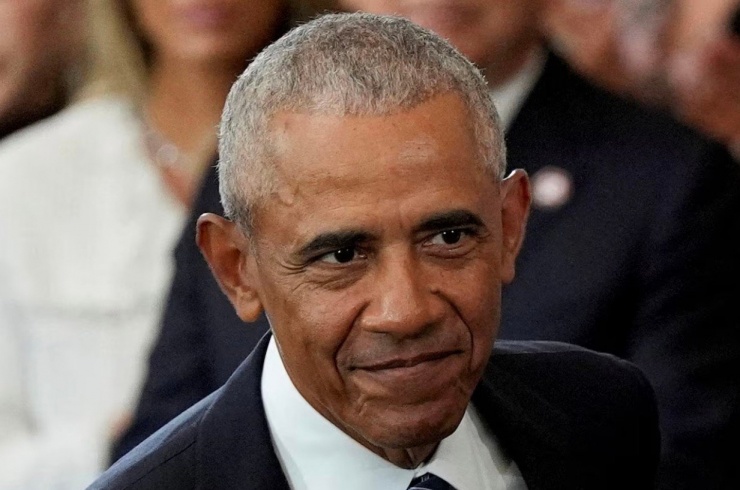
From Questions to Purpose
Obama’s search for identity led him to Los Angeles, then to New York, where he studied at Columbia University. Like many young dreamers, he was restless — questioning injustice, inequality, and the meaning of belonging.
After graduation, instead of pursuing wealth or comfort, Obama moved to Chicago to work as a community organizer. In the streets of South Side Chicago, he met families struggling to find jobs, young people losing hope, and communities silenced by poverty.
He didn’t come with solutions ready in his pocket. He came with questions — and a genuine desire to listen. “The best way to not feel hopeless,” he once said, “is to get up and do something.”
Those years in Chicago became the foundation of everything he would later become. They taught him that real change doesn’t come from speeches, but from showing up for people — every single day.
A Voice That United Hope and Responsibility
After earning his law degree from Harvard — where he became the first Black president of the Harvard Law Review — Obama could have chosen the corporate path. Instead, he returned to Chicago to teach constitutional law and continue working with people at the grassroots.
He believed in the idea that education is the most powerful weapon to change the world, echoing Nelson Mandela’s words.
When he stepped into politics, it wasn’t power he was after. It was a platform to turn hope into policy, and empathy into action.
In 2004, his speech at the Democratic National Convention made the world pause. “There’s not a liberal America and a conservative America — there’s the United States of America,” he said. Those words carried more than political meaning; they carried the spirit of unity that would define his leadership.

🇺🇸 The Journey to the White House
In 2008, America — and the world — witnessed something that once seemed impossible: the election of its first African American president. Barack Obama’s campaign slogan, “Yes, We Can,” became a mantra of belief that transcended politics.
But behind the victory lights and historic photos was a man deeply aware of responsibility.
He inherited a nation in crisis — a collapsing economy, ongoing wars, and social divides that ran deep. Yet, Obama approached it not with arrogance, but with calm determination.
He once said, “Change will not come if we wait for some other person or some other time. We are the ones we’ve been waiting for.”
And through that belief, he inspired millions to see that leadership isn’t about control — it’s about courage, humility, and hope.
A Leader Who Led With Grace
Throughout his presidency, Obama became known for his composure — the calm smile, the patient tone, the ability to listen even when the world shouted. Whether facing criticism, political tension, or personal attacks, he carried himself with a dignity that reminded people that true strength is quiet, not loud.
He often spoke of empathy as a tool of leadership — not weakness. In his view, kindness was not naive; it was transformative.
Even in moments of pain, such as the Sandy Hook school shooting, he allowed the world to see his tears — reminding everyone that to feel deeply is not a flaw, but a mark of humanity.

Family: His Ground and Guiding Light
Behind every public figure lies a private story of love and grounding. For Obama, that story is Michelle — his partner in every sense. Their marriage became a symbol of respect, equality, and shared purpose.
They raised two daughters, Malia and Sasha, teaching them that success isn’t measured by wealth, but by contribution. Obama often said that the most important title he ever held wasn’t “President,” but “Dad.”
Their family moments — walking Bo, the family dog, around the White House garden or laughing together during public events — reminded the world that even leaders need love, laughter, and humility to stay human.
“A Promised Land” – Reflection of a Dreamer
After leaving office, Obama didn’t retreat into silence. Instead, he turned inward — reflecting on his journey in his memoir A Promised Land.
It’s not a story of triumph, but of honesty — a deep, personal look at how dreams, failures, and perseverance shaped his path.
He shares that leadership often means walking alone, making impossible choices, and still believing in the goodness of people.
What shines most in his writing is not power, but faith — faith in humanity’s ability to rise, rebuild, and renew.

Legacy of Hope
Today, Barack Obama continues to work through the Obama Foundation, supporting young leaders, education, and civic engagement around the world.
He believes the next generation has the energy and creativity to tackle the world’s toughest challenges — climate change, inequality, and injustice — if they act with compassion and courage.
He remains a symbol not of perfection, but of possibility.
Because his life reminds us that greatness isn’t about authority — it’s about authenticity. It’s about daring to believe that even small acts of kindness can spark enormous change.
The Man Beyond the Title
When we look at Barack Obama, we see more than a former president.
We see a man who never forgot where he came from, who smiled even under pressure, and who believed that decency could be revolutionary.
He once said, “If you’re walking down the right path and you’re willing to keep walking, eventually you’ll make progress.”
And perhaps that’s the lesson his life offers us all:
No matter who you are or where you start, keep walking with purpose, humility, and faith in people — because that’s where true power lies.
